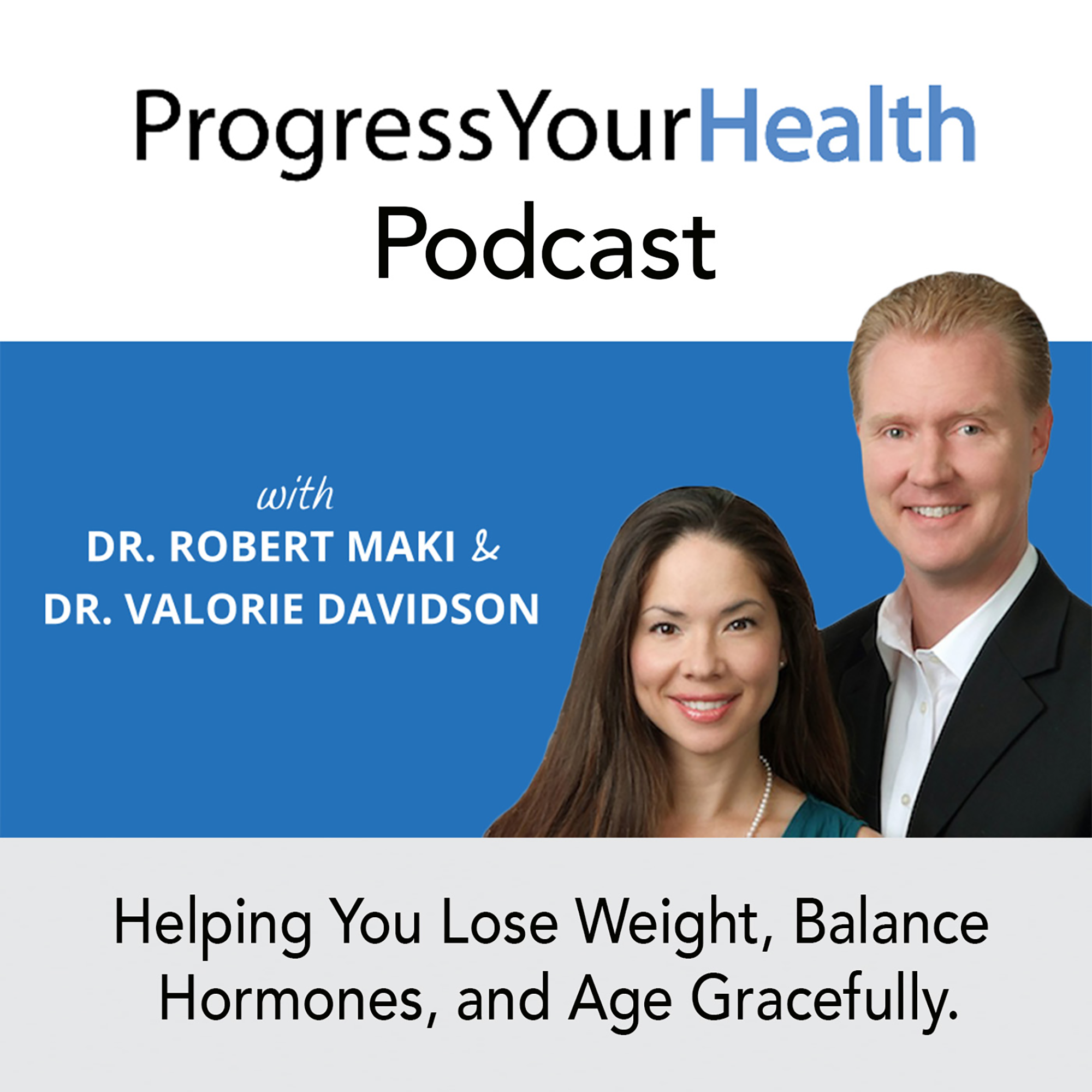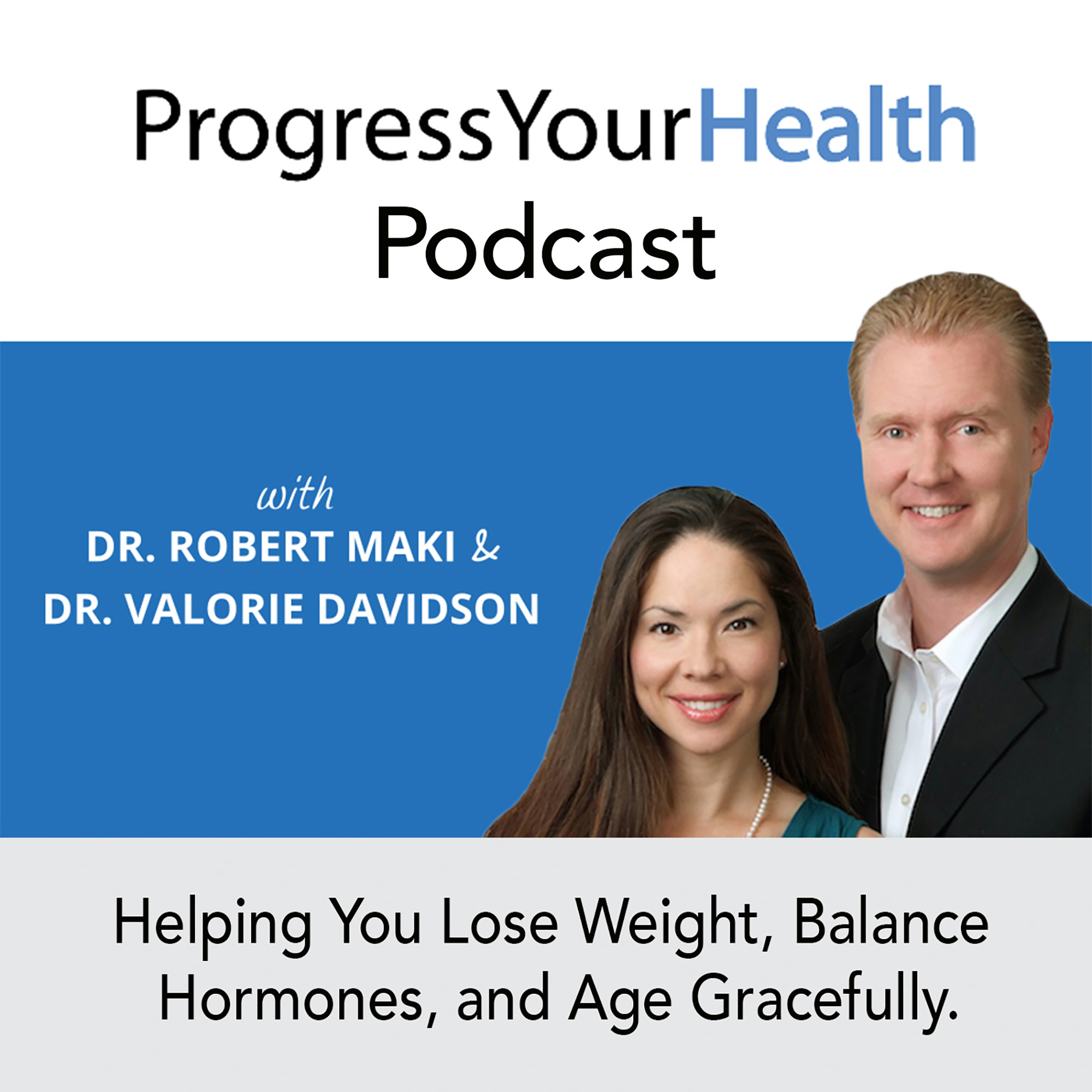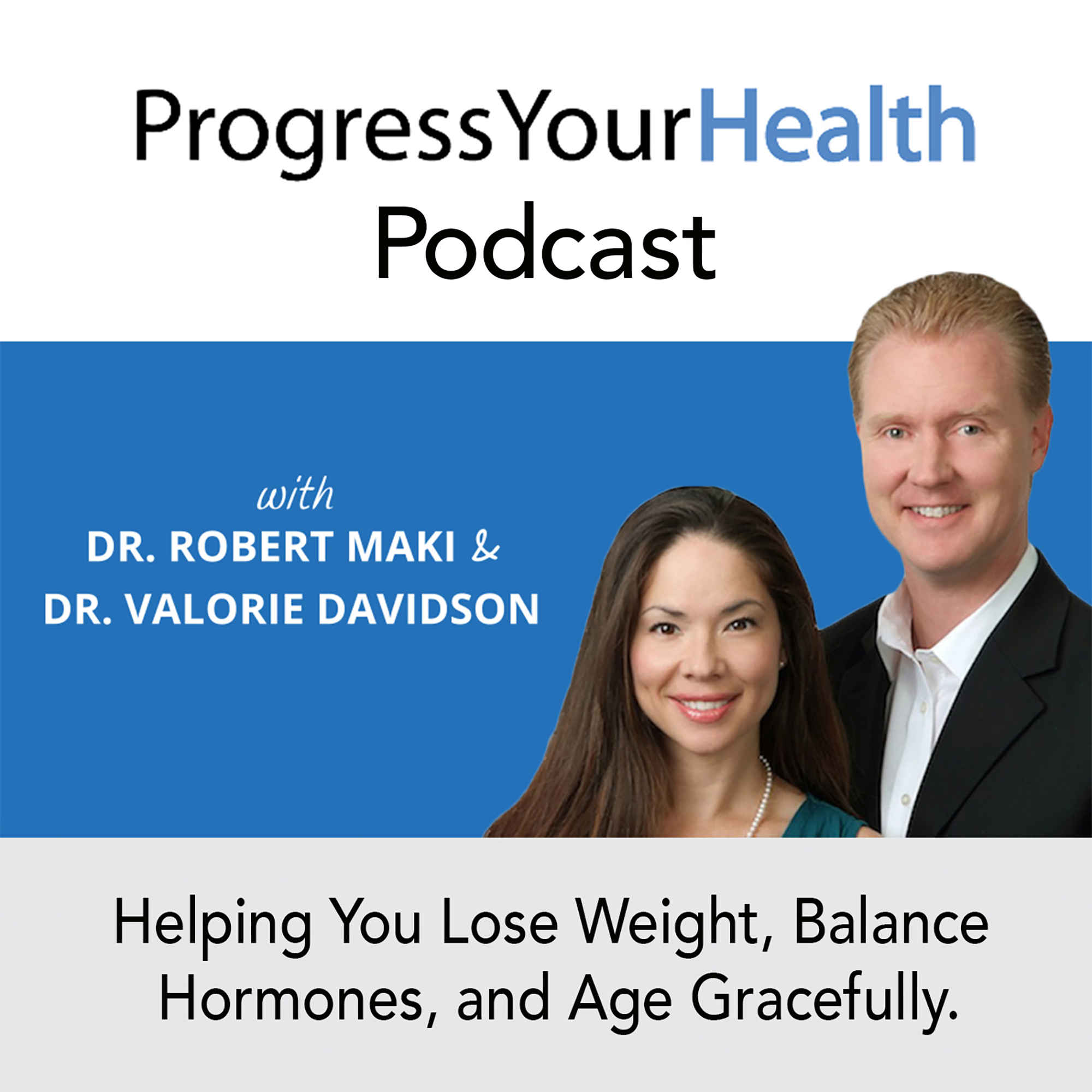There are many reasons that people have trouble falling asleep. Reasons for poor sleep quality vary from medications, menopause, chronic pain to travel. For this episode, we want to talk about stress and its effect on your sleep.
Stress can come in many forms from physical to mental. Stress can include cardiovascular exercise to arguing with a family member. It can include planning a wedding or graduation party. We are always going to have stress, but stress can certainly have a negative impact on your sleep. It does this by increasing your cortisol at night.
Cortisol is an essential hormone. Without it, we would not be able to live. Cortisol comes from your adrenal glands in a diurnal curve. Meaning, it is highest in the morning, so you wake up bright eyed and ready to start your day.
And the levels drop in the evening and nighttime so that we can sleep and rest. During periods of stress, this diurnal curve becomes disrupted. The cortisol starts to rise at night, and that causes people to have trouble falling asleep.
Not only do people have trouble falling asleep but the cortisol then will drop in the morning, which makes it hard to get out of bed in the morning. Of course, people end up pressing the snooze button over and over. Have you ever heard the term, I get a second wind at night?” This is the effect of cortisol being elevated at night.
Many of our patients comment on how great they feel after 8:00 pm. How they finally feel like being productive, such as doing responding to emails, doing the laundry or washing the dishes. But will complain how tired and unproductive they feeling in the morning. Below are a few obvious ways to help reduce cortisol at night to help you fall asleep.
Supplements to help you fall asleep:
We have developed sleep protocols for falling asleep and staying asleep. Click on the link to be directed to the Sleep Protocol I.
Having trouble staying asleep is one of the most common complaints I get from patients. They report having no trouble falling asleep the second their head hits the pillow. But from there, I see two common themes:
There are many reasons people have trouble staying asleep, from health conditions to noisy neighbors. But in the case, it is from elevated levels of cortisol in the evening. Stress, whether it’s good stress from moving into your dream home or a new better paying job promotion.
Or be it bad stress from having a conflict with family members. Or you have many responsibilities weighing on your shoulders. Stress causes cortisol levels to rise in the middle of the night, making it difficult to stay asleep. There are a few things you can do to help reduce the cortisol levels at night to stay asleep.
We have developed sleep protocols for falling asleep and staying asleep. These are specific safe supplements that we use with our patients. Click the link to be directed to our Sleep Protocol II.
If you have any questions or concerns, feel free to leave a comment below. Also, you can send us an email at [email protected].
The post Do You Have Trouble Sleeping? | PYHP 016 appeared first on .

When it comes to hair loss, the first question women ask is, “can thyroid problems cause hair to fall out?” The answer to this...

In this episode, we talk about POI (primary/premature ovarian insufficiency) and earlymenopause. Samantha sent in a question about whether she is in menopause or...

The most common test for thyroid is the TSH, which stands for Thyroid Stimulating Hormone. Unfortunately, this is also the only test most conventional...